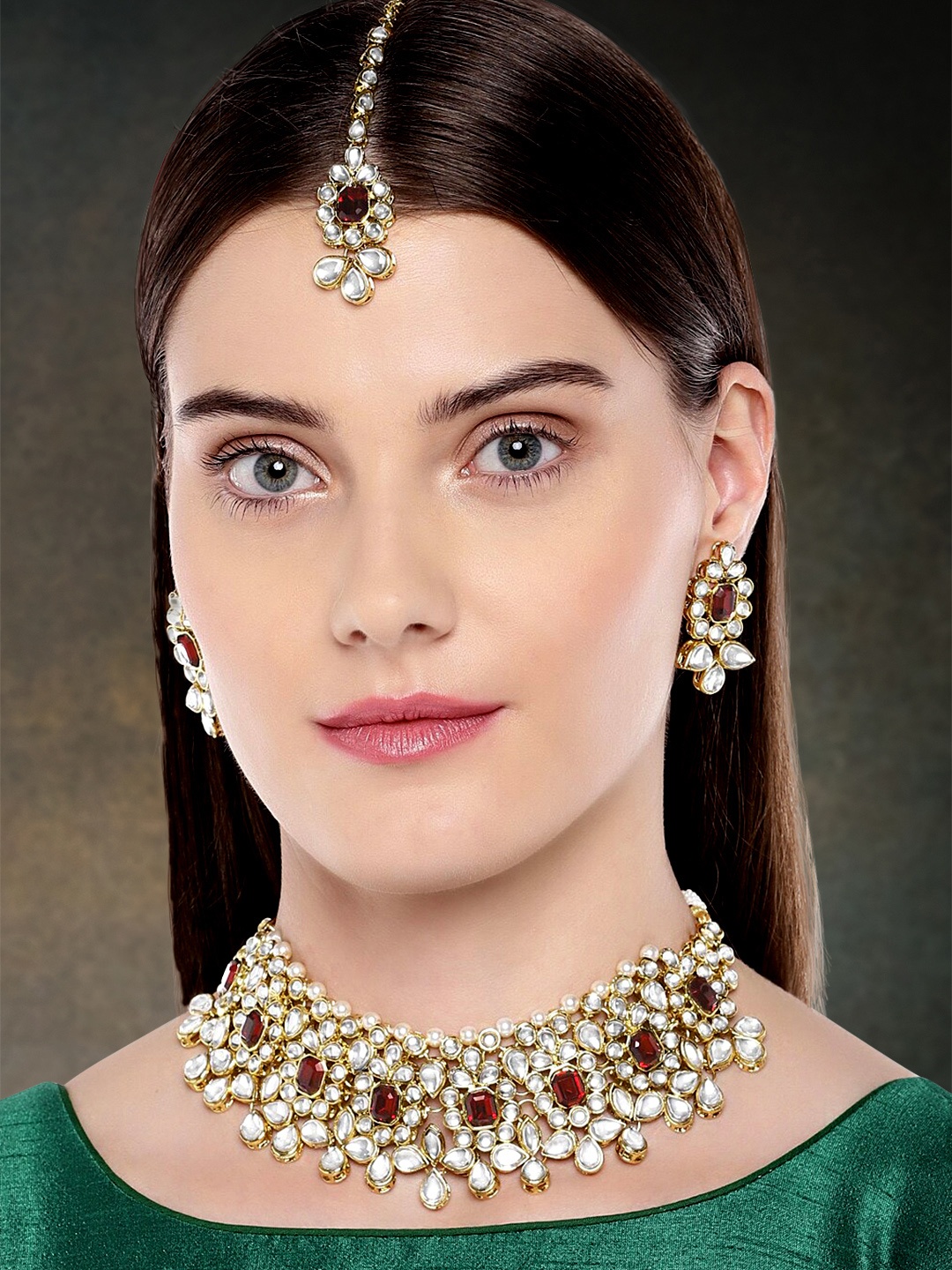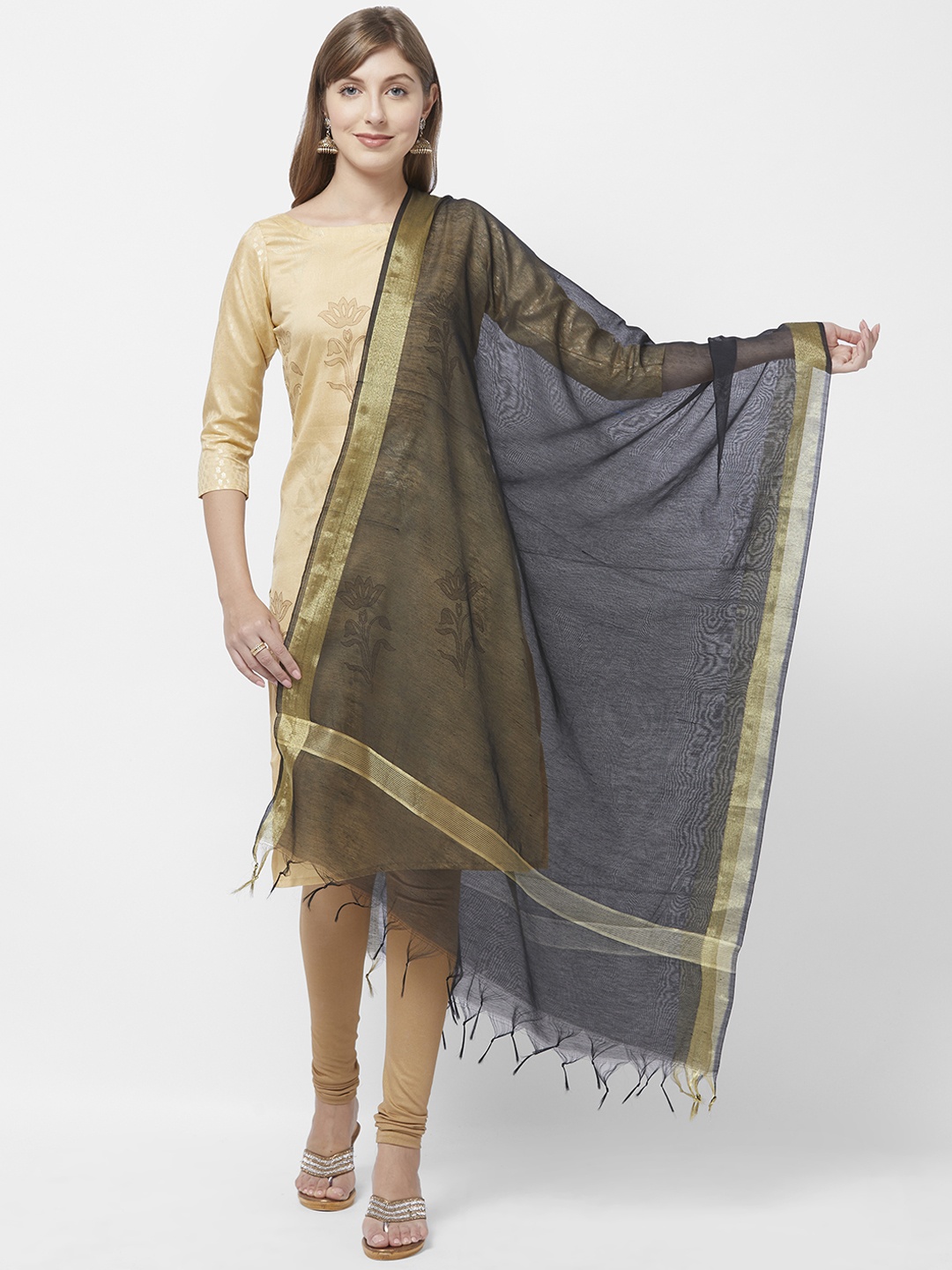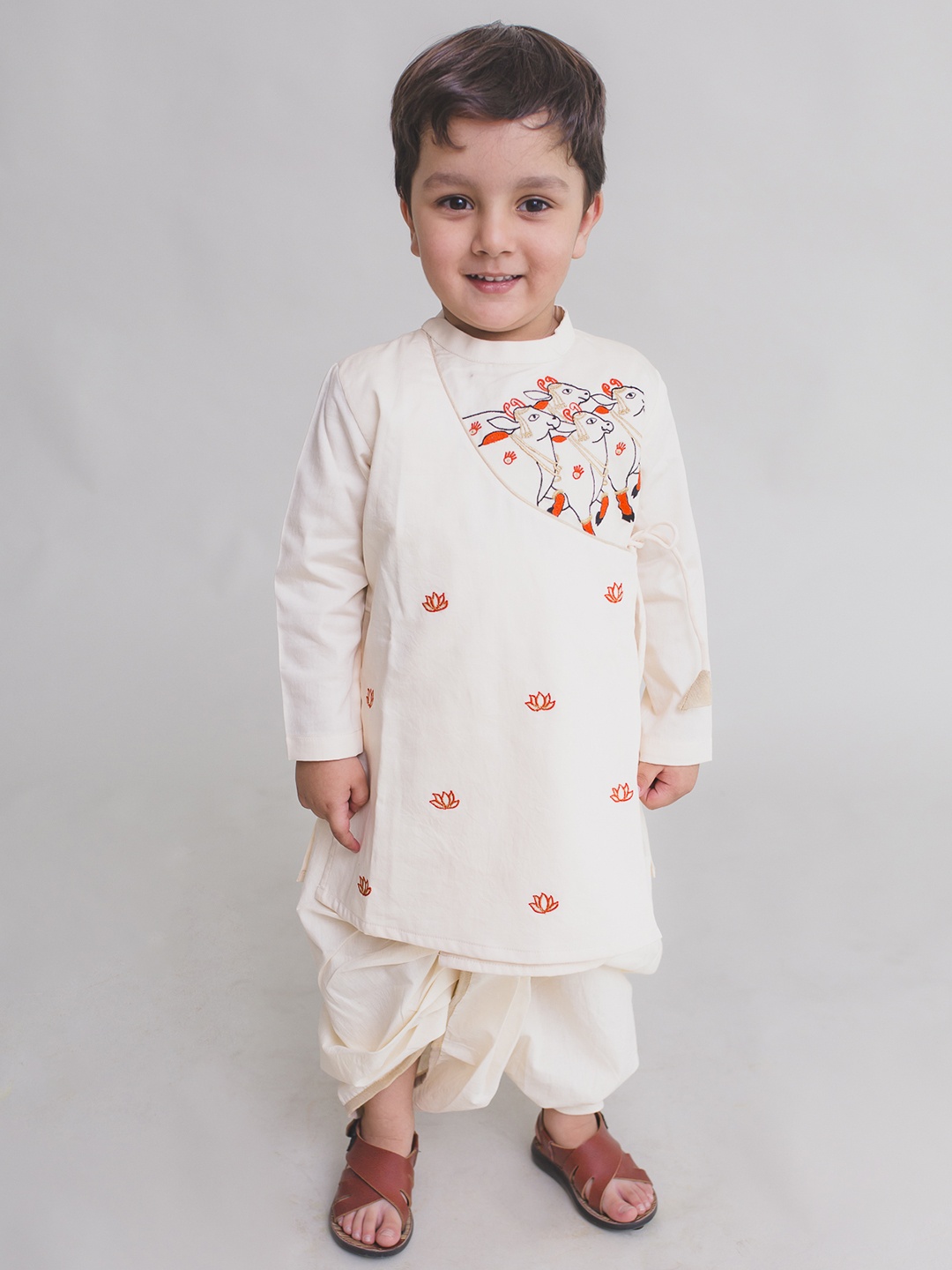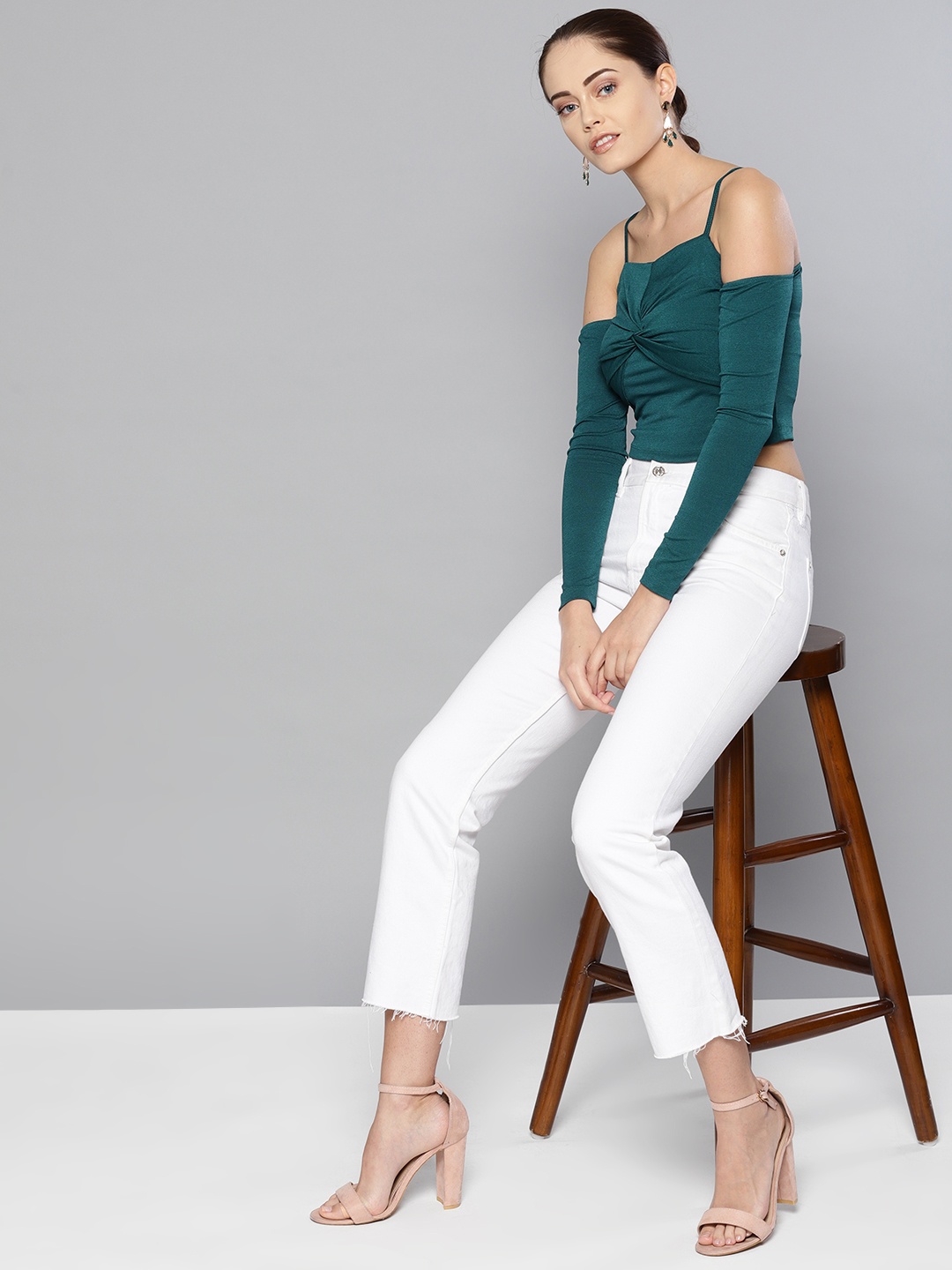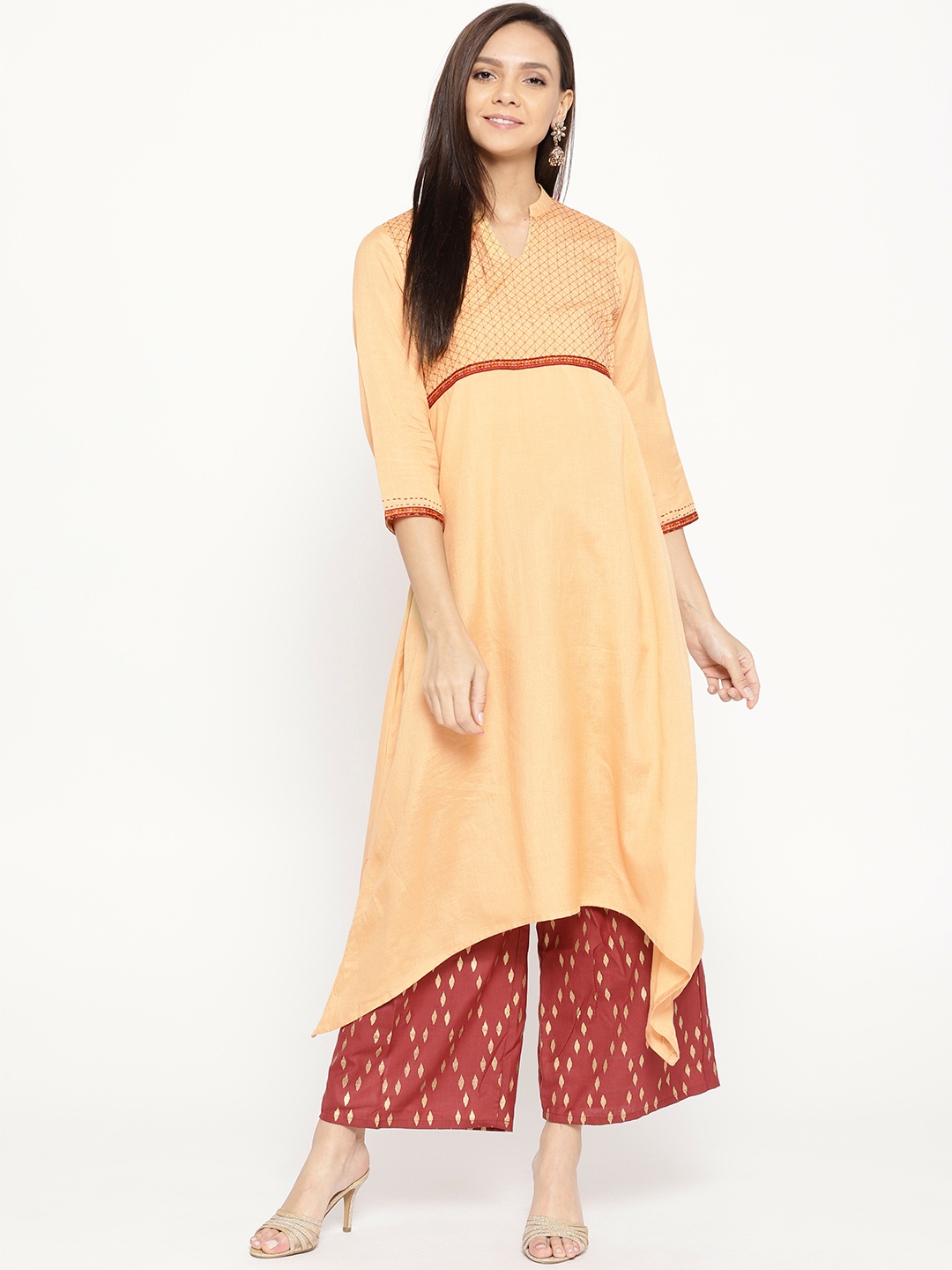Anarkali Then and Now: The Timeless Outfit Redefining Elegance Across Generations
How did Anarkali leap from havelis into modern malls, and why do even the youngest fashion lovers still find themselves twirling in one at weddings? Know what it is that gives the Anarkali an evergreen appeal.

Fashion trends may come and go, but the Anarkali stands tall like an old favourite song.
Every few seasons, the fashion world throws its weight behind a 'new' trend, crop tops, oversized shirts, distressed jeans, or asymmetric hemlines. Yet amid all these waves of fleeting fashion, one outfit refuses to be drowned out: the Anarkali. With its sweeping flair and dramatic elegance, the Anarkali is more than just fabric stitched together; it is heritage wrapped in grace. For decades, it has been celebrated on screen, adored at weddings, and reinvented by designers who always find fresh ways to make it relevant. Its story is woven into history, cinema, and everyday life, making it less of a costume and more of a cultural phenomenon.
Anarkali, from its regal origins to modern adaptations, continues enchanting fashion lovers worldwide, symbolizing timeless elegance, cultural pride, and graceful sophistication across eras. Let's take a closer look.

From contemporary weddings to festive soirees, the flowing silhouette of an Anarkali continues to capture hearts, proving that true classics never fade; Photo Credit: Pexels
The Anarkali's Journey Through Time and Trends
1. The Regal Birth of the Anarkali
Anarkali's story begins in the Mughal era, a period drenched in grandeur. Inspired by courtly attire, this silhouette is believed to be named after the legendary courtesan Anarkali, whose tragic tale of love and sacrifice still haunts folklore. Picture the Mughal courts, filled with dancers spinning gracefully, their embroidered Anarkalis fanning out like blooming lotuses. These weren't just ethnic garments; they were poetry in fabric.
What set the Anarkali apart was its unique structure, fitted at the bust, flowing outwards with countless kalis (panels), creating a mesmerising flare. For the royals, it was a way to showcase both artistry and status. Rich fabrics like silk and brocade, coupled with intricate zardozi and gota work, made the Anarkali a statement of power and elegance. Centuries may have passed, but the essence of that royal flair still lingers in today's designs.
2. Cinema's Lifelong Affair with the Anarkali
Ask anyone about the Anarkali, and one iconic image comes to mind: Madhubala in Mughal-e-Azam. Draped in elaborate Anarkalis, she danced to 'Pyar Kiya To Darna Kya,' etching the silhouette into cinematic memory forever. From that point on, the Anarkali became synonymous with grand romance and timeless beauty.
The connection didn't stop there. Decades later, actresses like Rekha, Sridevi, and Deepika Padukone reintroduced the Anarkali to newer audiences. Remember Madhuri Dixit twirling in Devdas or Aishwarya Rai glowing in Jodhaa Akbar? These moments sealed Anarkali's place on the silver screen, ensuring it was never reduced to just another costume. For audiences, the Anarkali became more than a garment; it became an emotion, associated with grace, nostalgia, and a touch of cinematic magic.
Also Read: Top 10 Dupattas Under 1000: Embroidered, Bandhani To Banarasi, Refresh Any Ethnic Outfit
3. The Wedding Wardrobe Staple
Walk into any wedding, and chances are you'll spot at least one Anarkali stealing the limelight. Bridesmaids, cousins, or even the bride herself, someone is bound to flaunt one. Why? Because the Anarkali is effortlessly festive. With heavy embroidery, sequins, and vibrant hues, it delivers the drama a wedding demands without compromising on comfort.
What makes it even more appealing is its versatility. From pastel-toned georgettes perfect for a day function to velvet-laden designs ideal for a winter shaadi, there's an Anarkali for every mood and season. Unlike stiff lehengas that sometimes feel like a workout, the Anarkali allows movement, dancing, hugging relatives, or sitting cross-legged during rituals is much easier. No wonder it has become a trusted ally for anyone who wants glamour without the fuss.
4. The Designer's Playground
Fashion designers have always had a soft spot for the Anarkali. Its vast canvas allows creativity to run wild. Think of Manish Malhotra's opulent versions with mirror work, or Abu Jani-Sandeep Khosla's dazzling creations that balance tradition with drama. Designers love reinventing the silhouette, adding asymmetric cuts, jacket layers, cape attachments, or even fusing it with lehengas.
For them, the Anarkali is like a blank page, ready to be painted upon with fresh ideas. And audiences lap it up, because each season brings a new twist. One year it's pastel florals, the next it's metallic sheens. Yet, despite all these changes, the Anarkali never loses its soul. That adaptability makes it a designer's favourite and ensures its longevity in the ever-fickle world of fashion.
5. A Friend to Every Body Type
One of the Anarkali's biggest strengths is its universal appeal. Not every silhouette flatters every body, but the Anarkali manages to make almost everyone feel good. Its fitted bodice and flowing flare create a balanced look that can add height, camouflage curves, or simply enhance grace.
For someone petite, a shorter Anarkali with a modest flare adds charm without overwhelming. For someone tall, floor-length designs bring drama. For those who prefer a little more coverage, full-sleeved versions with high necks work beautifully. Unlike some outfits that demand endless adjustments, the Anarkali adapts itself to the wearer, not the other way around. That sense of inclusivity is what keeps it close to so many hearts.

How anarkali then and now looks and reigns supreme; Photo Credit: Pexels
6. Everyday Glamour: From Weddings to Work
While the Anarkali has always enjoyed a glamorous reputation, modern versions have made it more accessible for everyday wear. Cotton Anarkalis with block prints or light embroidery have become staples for office wardrobes and casual outings. Paired with simple churidars or even straight trousers, they bring a touch of elegance without going over the top.
Affordable versions in the market make them a go-to choice for festivals like Diwali or Raksha Bandhan, when one wants to look festive without splurging ₹20,000 on an outfit. Street shops in Delhi, Jaipur, and Lucknow brim with lighter Anarkalis that carry the same charm at a fraction of the price. This blend of affordability and style makes the Anarkali not just a festive garment, but also a part of daily life.
7. The Anarkali in Pop Culture Today
Scroll through Instagram reels during festive season, and you'll see countless twirls in Anarkalis set to trending Bollywood tracks. Influencers and celebrities keep showcasing them in new avatars, layered with jackets, paired with sneakers for a quirky twist, or worn as gowns at award shows.
Pop culture keeps breathing new life into this age-old outfit. Whether it's Kiara Advani dazzling at a movie premiere or Alia Bhatt keeping it minimal for a Diwali party, the Anarkali keeps making headlines. The younger generation, often accused of chasing Western fashion, still embraces it wholeheartedly. Clearly, the Anarkali knows how to stay in the spotlight, be it in a palace courtyard centuries ago or in a reel shot on an iPhone today.
8. A Fusion of Old and New
The beauty of the Anarkali lies in its ability to fuse old-world charm with modern sensibilities. Designers have experimented with Indo-Western hybrids, Anarkali gowns, layered skirts with Anarkali tops, even versions with dramatic slits. These reinventions allow the outfit to stay relevant without losing its essence.
The fabric choices also reflect this mix. While silk and velvet hold on to tradition, chiffons and crepes make them breezy and wearable for cocktail parties or destination weddings. The jewellery pairings, too, have evolved. Heavy jhumkas and maang tikas work for weddings, while minimal hoops or statement earrings make them suitable for more relaxed occasions. The Anarkali, in short, wears multiple hats and wears them well.
9. The Emotional Connect
Clothes aren't just about fabric and stitching, they carry emotions. For many, the Anarkali is tied to memories: the first time wearing one for a cousin's wedding, that twirl caught in a photograph, or even hand-me-downs from a mother's trousseau. These garments become keepsakes, passed down through generations with stories stitched into every panel.
That emotional connect is what elevates the Anarkali from being just another outfit to being a piece of heritage. It's not unusual for a daughter to re-wear her mother's Anarkali with a modern twist, adding a belt, pairing it with different jewellery, or simply carrying it with fresh confidence. In those moments, the Anarkali becomes a bridge between past and present, keeping traditions alive while still evolving.
10. Why the Anarkali Will Never Fade
Fashion loves to declare the death of trends, but the Anarkali seems immune to such predictions. Its adaptability, cultural depth, cinematic associations, and emotional resonance keep it evergreen. Every time it seems to fade away, a designer, celebrity, or film resurrects it, reminding us why it deserves a permanent spot in our wardrobes.
More than just a silhouette, the Anarkali represents continuity. It has survived centuries, adapted to every decade's demands, and still manages to hold its own against global fashion. Whether you're wearing a ₹500 cotton version bought at a local bazaar or a ₹50,000 designer masterpiece, the feeling remains the same, a sense of grace, grandeur, and belonging.
Products Related To This Article
1. Sa Rasa Floral Printed Angrakha Anarkali Kurta
30894711
2. KALINI Women Pink Floral Printed Flared Sleeves Gotta Patti Floral Anarkali Kurta
3. CLOTHYCORP Women Printed Cotton Anarkali Kurtas
4. GLAM ROOTS Floral Printed Cotton Tiered Anarkali Kurta
5. DECKEDUP Sequinned Chanderi Cotton Anarkali Kurta
6. NISHABD Floral Printed Mirror Work Anarkali Kurta
7. Shae by SASSAFRAS Women Ethnic Motifs Printed Thread Work Indie Florals Georgette Anarkali Kurta
The Anarkali is proof that some things never go out of style. It is as much a celebration of history as it is a nod to modern creativity. From Mughal courts to contemporary runways, from black-and-white cinema to Instagram reels, it has twirled its way across time and trends. Its ability to reinvent itself while staying rooted in tradition makes it not just a fashion statement but a cultural anchor.
In a world where styles change with every season, the Anarkali remains a constant, always ready to add a swirl of elegance to life's grandest occasions. Truly, a classic that still reigns supreme. Shop these Anarkali online.
Disclaimer: The images used in this article are for illustration purposes only. They may not be an exact representation of the products, categories, and brands listed in this article.












